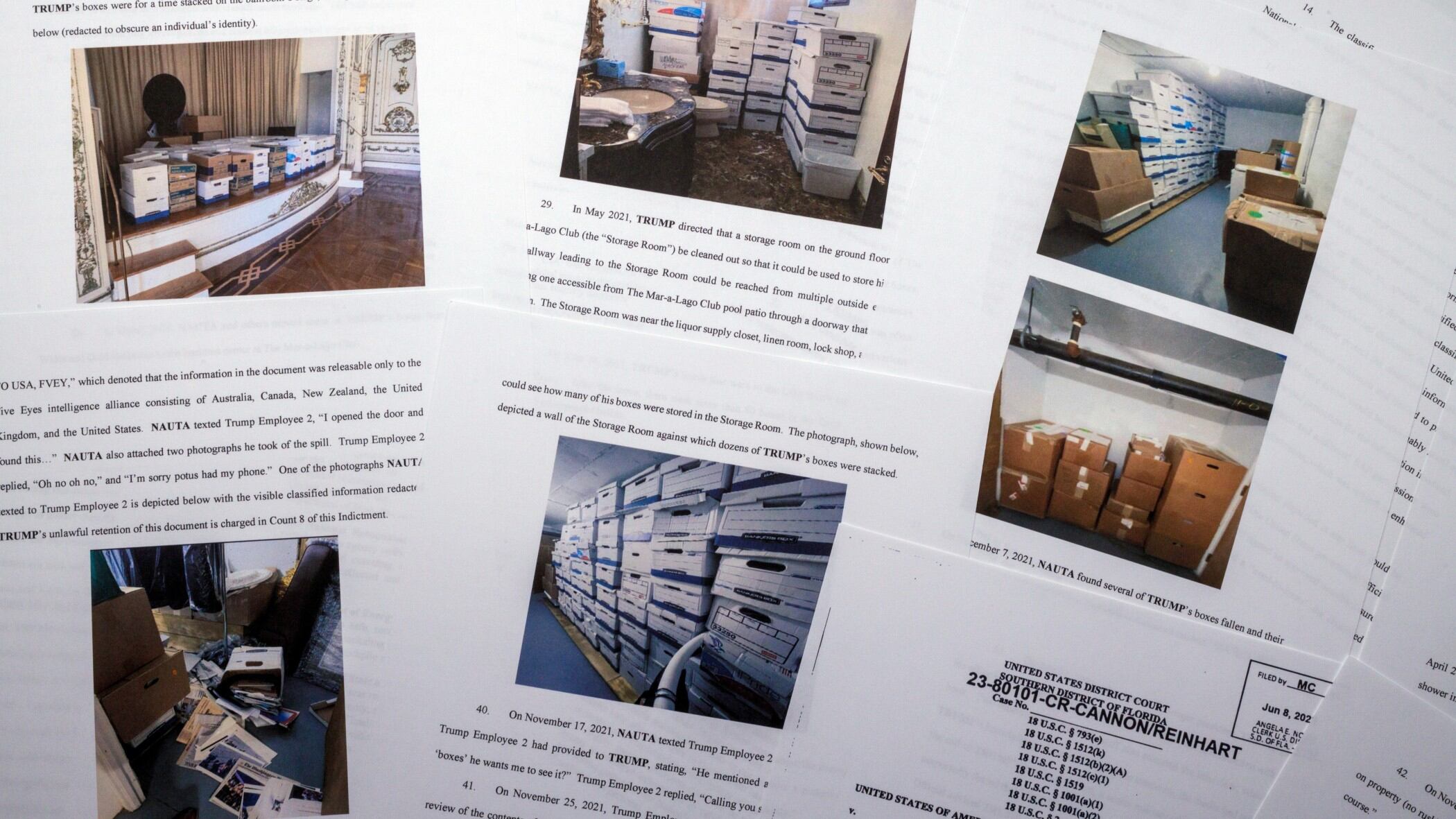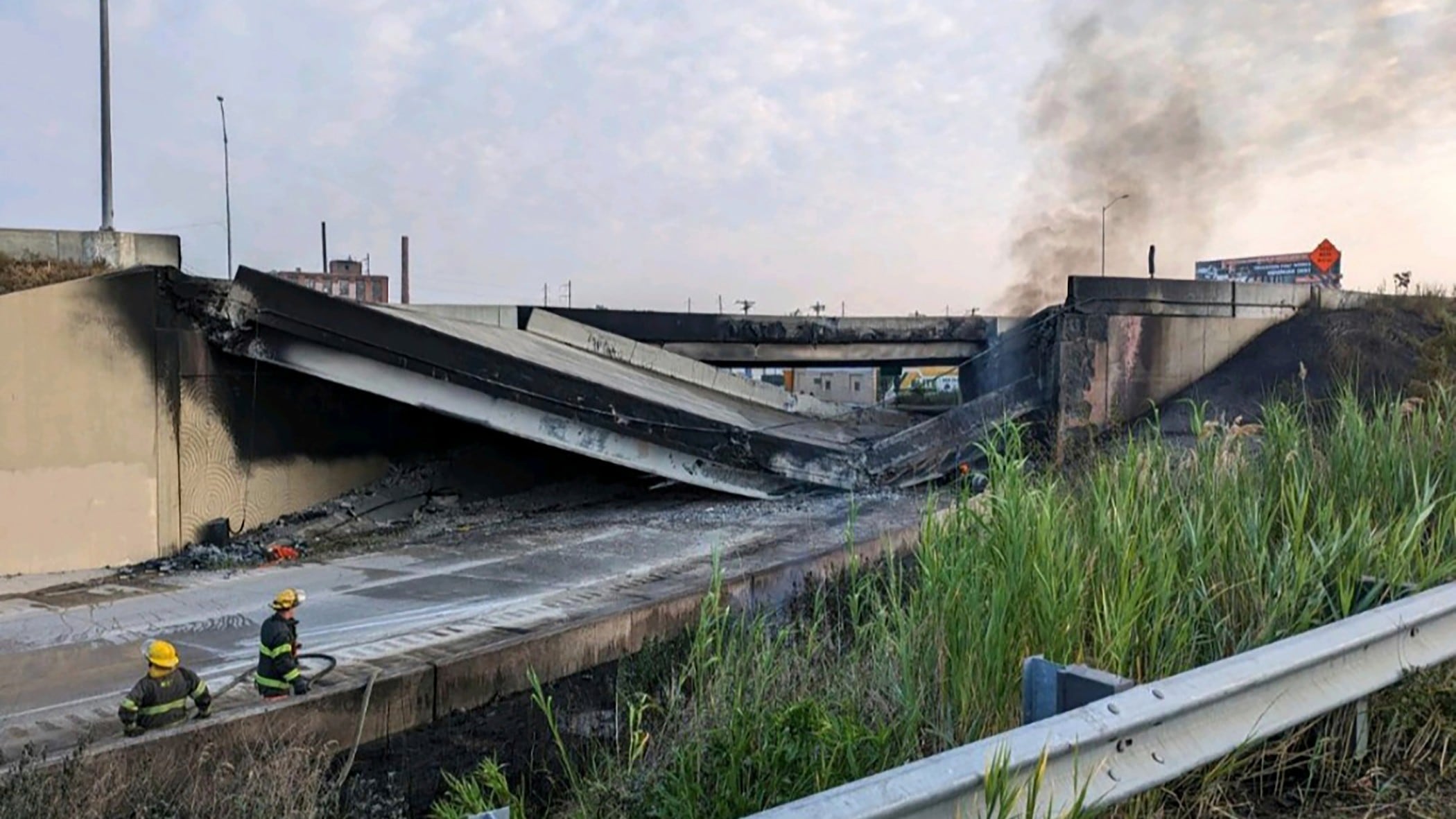An 8-year-old girl who died last week in Border Patrol custody was seen at least three separate times by medical personnel on the day of her death — complaining of vomiting, a stomachache and later suffering what appeared to be a seizure — before she was taken to a hospital, U.S. immigration officials said Sunday.
The girl’s mother had previously told The Associated Press that agents had repeatedly ignored her pleas to hospitalize her medically fragile daughter, who had a history of heart problems and sickle cell anemia. Anadith Tanay Reyes Alvarez, whose parents are Honduran, was born in Panama with congenital heart disease.
“She cried and begged for her life, and they ignored her. They didn’t do anything for her,” Mabel Alvarez Benedicks, the mother of Anadith, had previously told The Associated Press during an interview Friday.
In a statement, U.S. Customs and Border Protection said it knew about the girl’s medical history when personnel began treating her for influenza four days before her death on May 17.
CBP Acting Commissioner Troy Miller said in a statement that while his agency awaits the results of an internal investigation, he has ordered several steps be taken to ensure appropriate care for all medically fragile people in his agency's custody.
These actions include reviewing cases of all known medically fragile individuals currently being held to ensure their time in custody is limited and examining medical-care practices at CBP facilities to see if more personnel are needed.
“We must ensure that medically fragile individuals receive the best possible care and spend the minimum amount of time possible in CBP custody,” Miller said, adding his agency is “deeply saddened” by the girl’s “tragic death.”
Anadith’s death has raised questions about whether the Border Patrol properly handled the situation. It was the second child migrant death in two weeks in U.S. government custody after a rush of illegal border crossings amid the expiration of pandemic-related asylum limits known as Title 42 severely strained holding facilities.
According to a CBP statement, Anadith had first voiced complaints of abdominal pain, nasal congestion, and cough on the afternoon of May 14. She had a temperature of 101.8 degrees Fahrenheit (38.7 Celsius)
After a test showed she had influenza, Anadith was given acetaminophen, ibuprofen, medicine for nausea and Tamiflu, a flu treatment, according to CBP.
The family was then transferred from a facility in Donna, Texas, to one in Harlingen, Texas.
She continued to be given Tamiflu for the next two days. She was also given ibuprofen, according to CBP.
Alvarez Benedicks had told the AP her daughter’s health got progressively worse during those days and that doctors at the station denied her repeated requests for an ambulance to take the girl to a hospital.
“I felt like they didn’t believe me,” Alvarez Benedicks said.
On May 17, the girl and her mother went to the Harlingen Border Patrol Station’s medical unit at least three times, CBP said. In the first visit, Anadith complained of vomiting. In the second, she child complained of a stomachache. By the third visit at 1:55 p.m., “the mother was carrying the girl who appeared to be having a seizure, after which records indicate the child became unresponsive,” according to CBP.
Medical personnel began performing CPR before she was taken to a hospital in Harlingen, where she was pronounced dead at 2:50 p.m.
A medical examiner is waiting for additional tests before determining a cause of death.
Her death came a week after a 17-year-old Honduran boy, Ángel Eduardo Maradiaga Espinoza, died in U.S. Health and Human Services Department custody. He was traveling alone.













